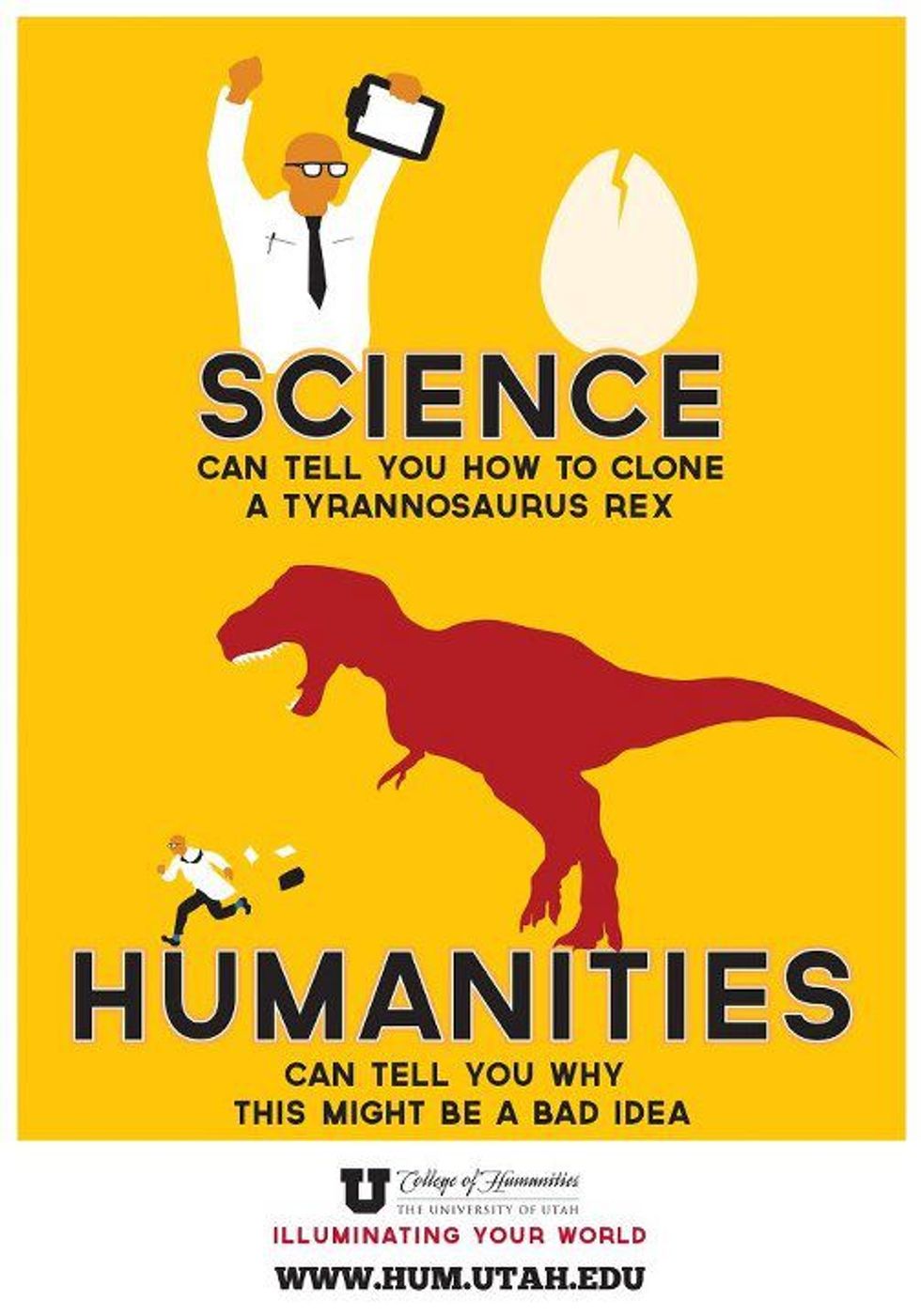Which is harder: A BS or a BA? While many STEM students have been reduced to tears by difficult problem sets, an unending list of Latin terms to learn and hope-training tests and labs that make one questions why they even WANT to be an engineer or doctor, Humanities and Social Science undergrads must endure hundreds of pages of difficult readings, essays that must critically engage with theory while simultaneously adding new thoughts to decades old work and contribute original thoughts to small classes with professors that often expect you to master a book after your first read through. But a BS must be harder than a BA, there’s math and hard, scientific facts to memorize! Or maybe a BA is harder, since you are constantly expected to produce completely original work 24/7. While both camps assert that their major or degree is harder than “those touchy-feely philosophy majors” or “those socially awkward computer nerds,” these arguments do not get at a fundamental question that I feel must be asked:
WHO THE F**K CARES?
Seriously, what, if anything, does the difficulty of a degree or a major in comparison to another say about these majors? Absolutely nothing! The difficulty of a BS in Biochemistry versus a BA in Anthropology does not tell you about how the information learned will be used, what is being learned, what kind of careers are available with either degree or how much those with the degrees enjoy having them. Comparing the difficulty of two majors or degrees to each other is the definition of an academic dick measuring contest, and in this case: Size really doesn’t matter.
Further, the debate between STEM and the Humanities at large eliminates discussion of how interactions between the two fields can benefit both. Social and Political Philosophy has benefited greatly from advances in theories of human evolution, helping us better understand why we chose to form social contracts with each other and where our sense of morality comes from. Engineering has benefited significantly from interactions with Public Health and Urban Studies, giving urban planners broader perspectives and the ability to create and design with community in mind. Where would science in general be without ethics? As the old saying goes:
Most importantly, the debate over the difficulty of the BA vs the BS ignores the crucial element of passion in a student’s studies. The Western World, especially the US, still struggles with Max Weber’s “Protestant Christian Ethic,” an ideology that affirms that the harder something is, the more merit it has. But that is not necessarily the case. Difficulty in reality has very little to do with societal benefit or how “right” you are in pursuing something. If this was the case, I could argue that math minded people should pursue English, and English-minded students should pursue math. After all, what matters is difficulty, right? I think rather than difficulty, what should matter is your passion for a subject. If you love Women’s Studies and think that it is important, it shouldn’t matter if your GPA is higher than your friend who loves C++ and wants to become a game designer. If you have a passion for something, go for it. Many people end up having a proclivity for their passions, so it’s surprise that although our majors can be challenging, they are never as “impossible” as they are made out to be in the countless debates and memes thrown around the internet.
In summary, difficulty should not define how important your major or degree is in comparison to anyone else. Your major does not make you better than anyone else, nor does your GPA. The Humanities and STEM have a lot to share with each other, so let’s start acting like they do. I am tired of people taking shots at me because I can’t integrate a function, in the same way they are probably tired of me explaining why you can’t solve the Trolley Problem by repairing the cable car brakes. It’s time to fighting amongst ourselves and start working together to address problems that affect all students, like rising tuition prices and shrinking job opportunities for post-graduates. After all, regardless of whether you graduate with a BA or a STEM degree, student loans are a load of BS.




















